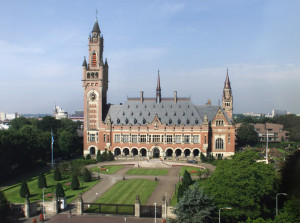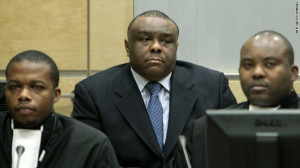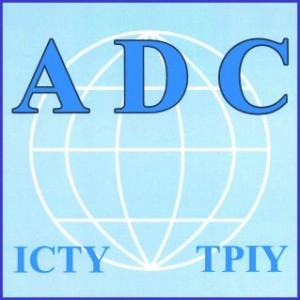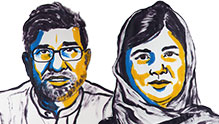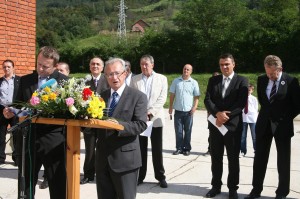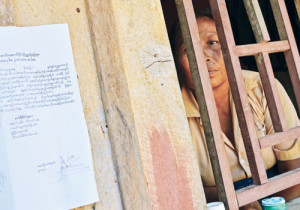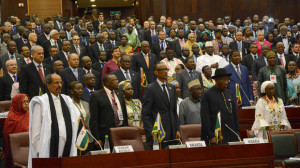by Dr Filippo Fontanelli
With the decision no. 238 of 22 October 2014, the Italian Constitutional Court (the CC) produced the most spectacular display of dualism this side of Medellin. The CC declared the unconstitutionality of Italy’s compliance with the International Court of Justice (ICJ)’s judgment Germany v. Italy (Greece intervening). The CC’s ruling – briefly reported – invites speculation on two fronts: 1) What does it say about the application of international law in domestic courts? 2) Is the judgment reasonable by any relevant standards other than Italian constitutional law?
On the practical matters of the follow-up scenario before Italian ordinary courts, I take the liberty to refer to my discussion here (spoiler: Germany will not pay anyway).
In February 2012, the ICJ found that Italy breached its international obligations vis-à-vis Germany. Italian courts had exercised jurisdiction in tort proceedings against Germany, instituted by Italian plaintiffs for World War II war crimes of the Nazi occupation forces in Italy. These proceedings, resulting in Germany being ordered to compensate the victims, constituted internationally wrongful acts, since they disregarded the international custom whereby sovereign states are immune from civil suit in foreign courts, for acts jure imperii. The ICJ reached the same conclusion with respect to the ensuing enforcement proceedings and the exequatur granted by Italian judges to authorise execution of Greek judgments in similar disputes. Continue reading

